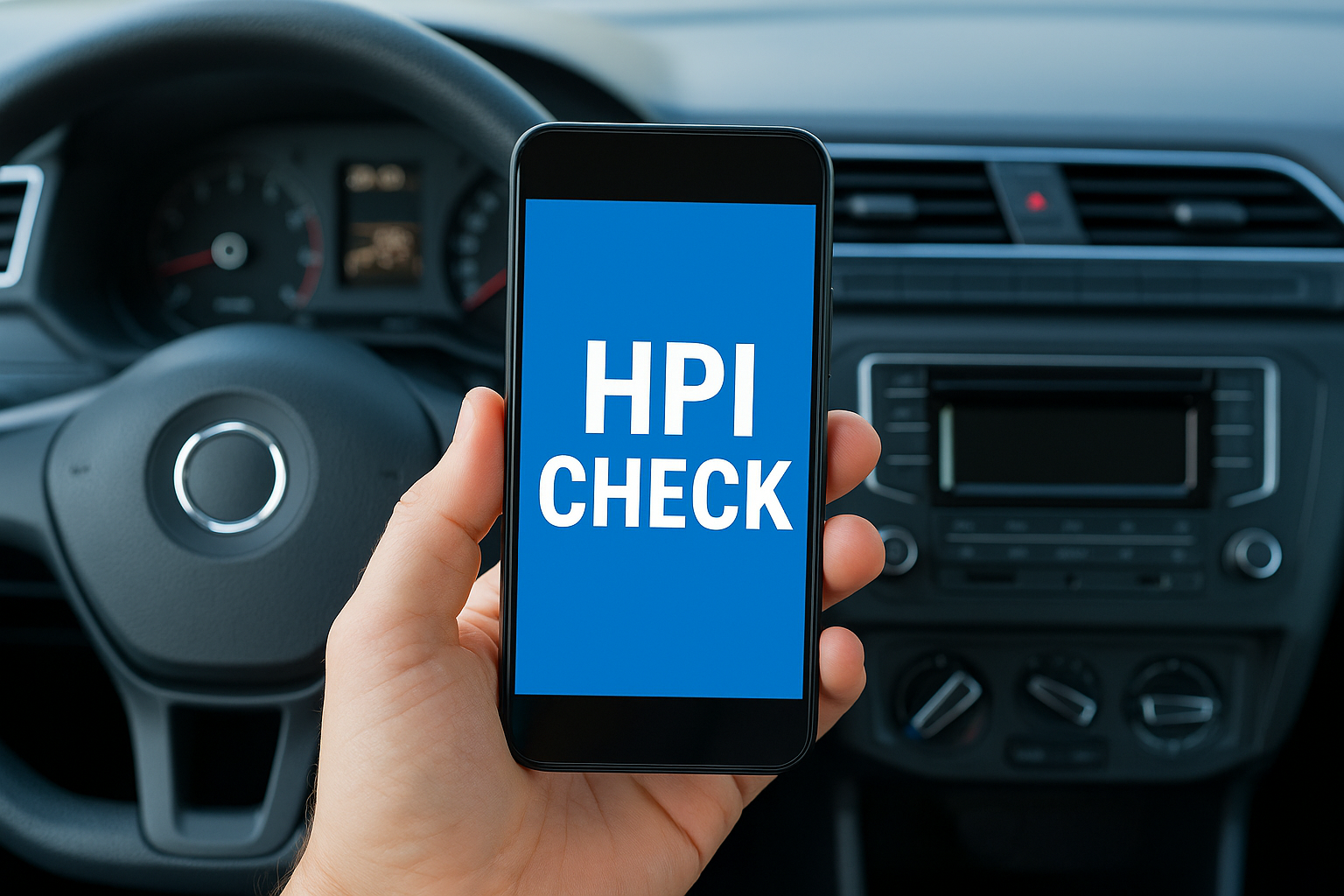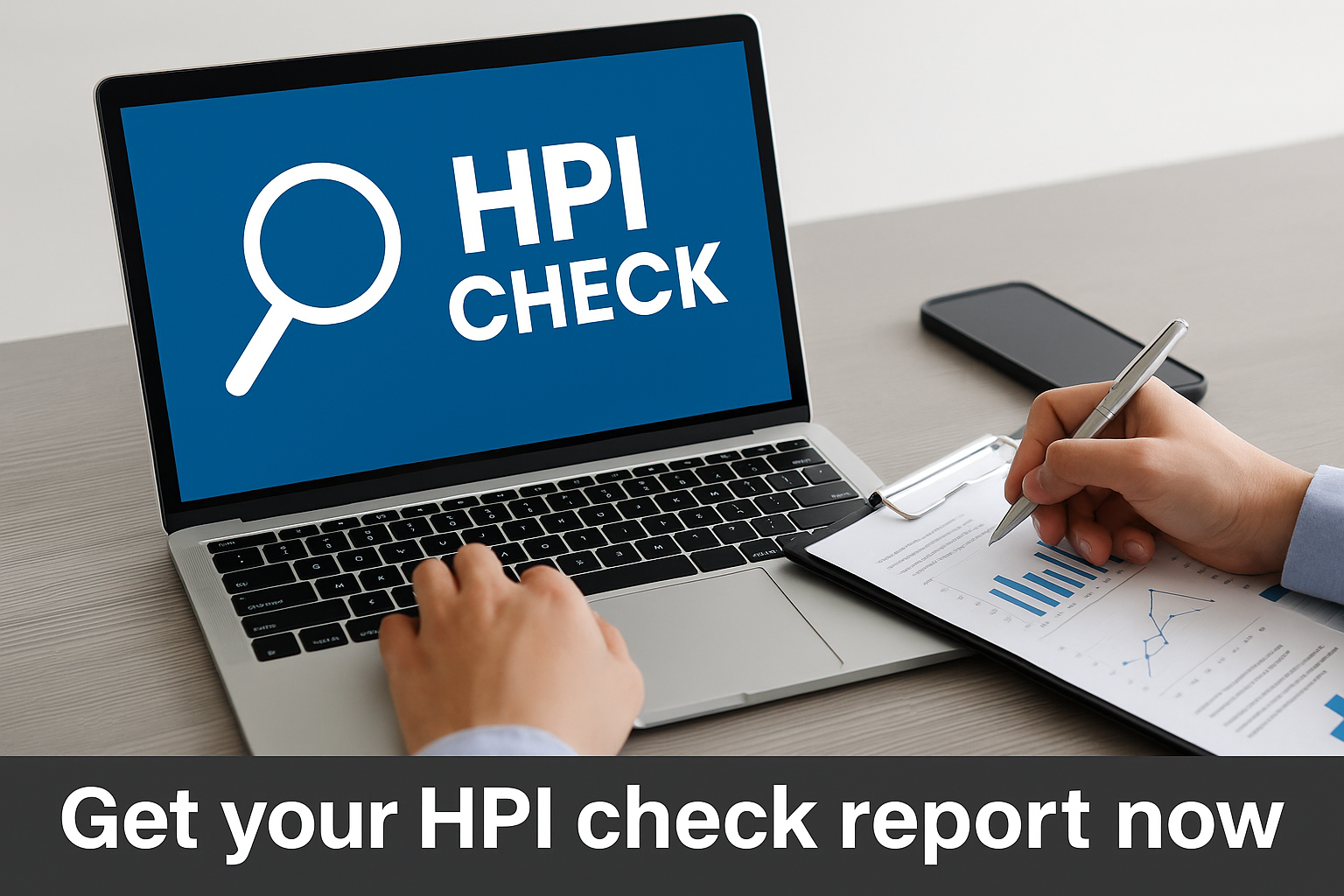Why You Need a Car HPI Check

A car HPI check is a critical step in any used car purchase in the UK. When you're preparing to invest in a second-hand vehicle, you want full confidence in your decision. Many used vehicles might appear fine on the surface but have underlying issues such as being previously written off, having mileage tampering, or worse — being stolen or under finance. A check car HPI process helps reveal these details instantly.
According to the RAC, one in three cars they check has a hidden history. HPI checks are essential because they uncover crucial data, including if the vehicle has been declared a total loss by an insurance company or if there are outstanding loans that could result in repossession. This is especially vital if you're purchasing from a private seller without a warranty or return policy.
Additionally, many consumers don't realise that changing the number plate or repainting a car can mask its true history. With our comprehensive HPI report, such details are highlighted, ensuring you're not caught by surprise. Protecting your investment means checking everything — from past ownership and MOT history to plate changes and scrappage records.
Ultimately, conducting a HPI check car isn't just about peace of mind. It's a form of due diligence that ensures you're not wasting your money on a potentially dangerous or legally compromised vehicle. Whether you’re buying from a dealership or a private ad, always check car HPI to stay informed and safe. It's the smart and responsible choice for every car buyer.
